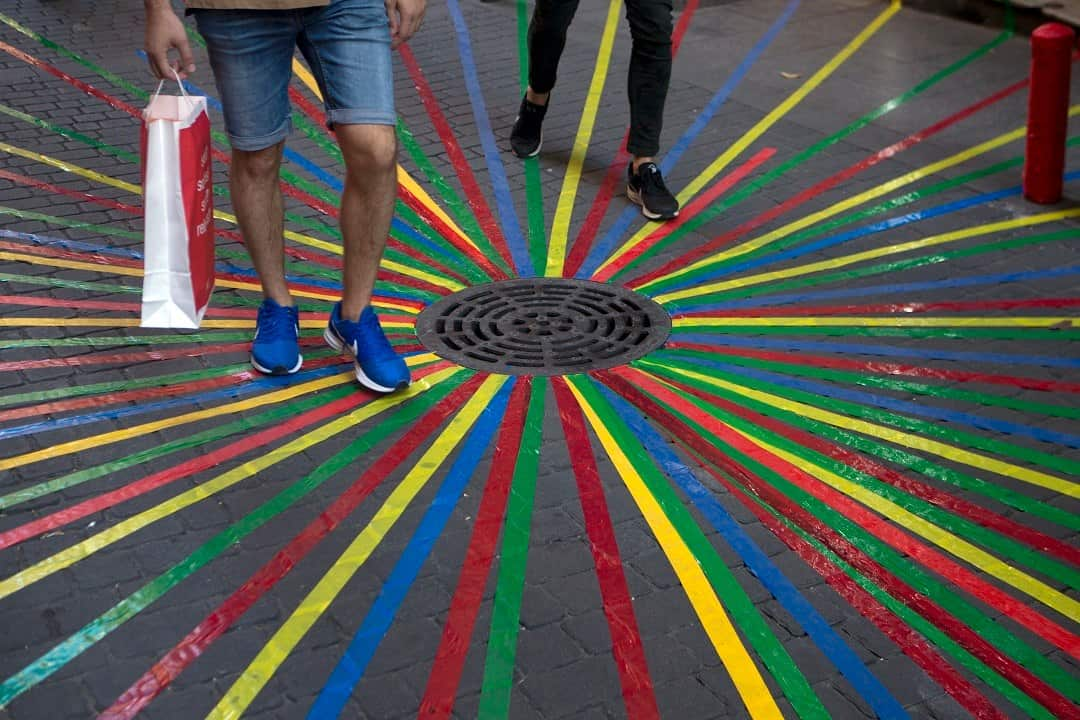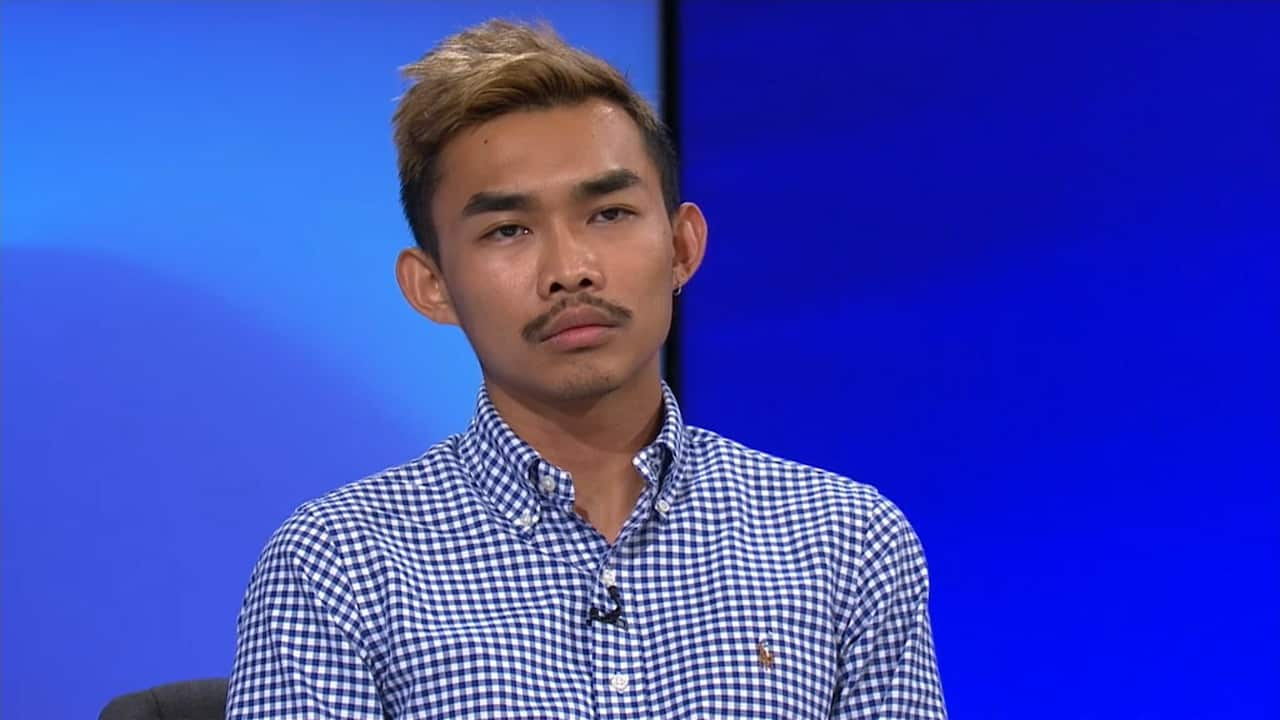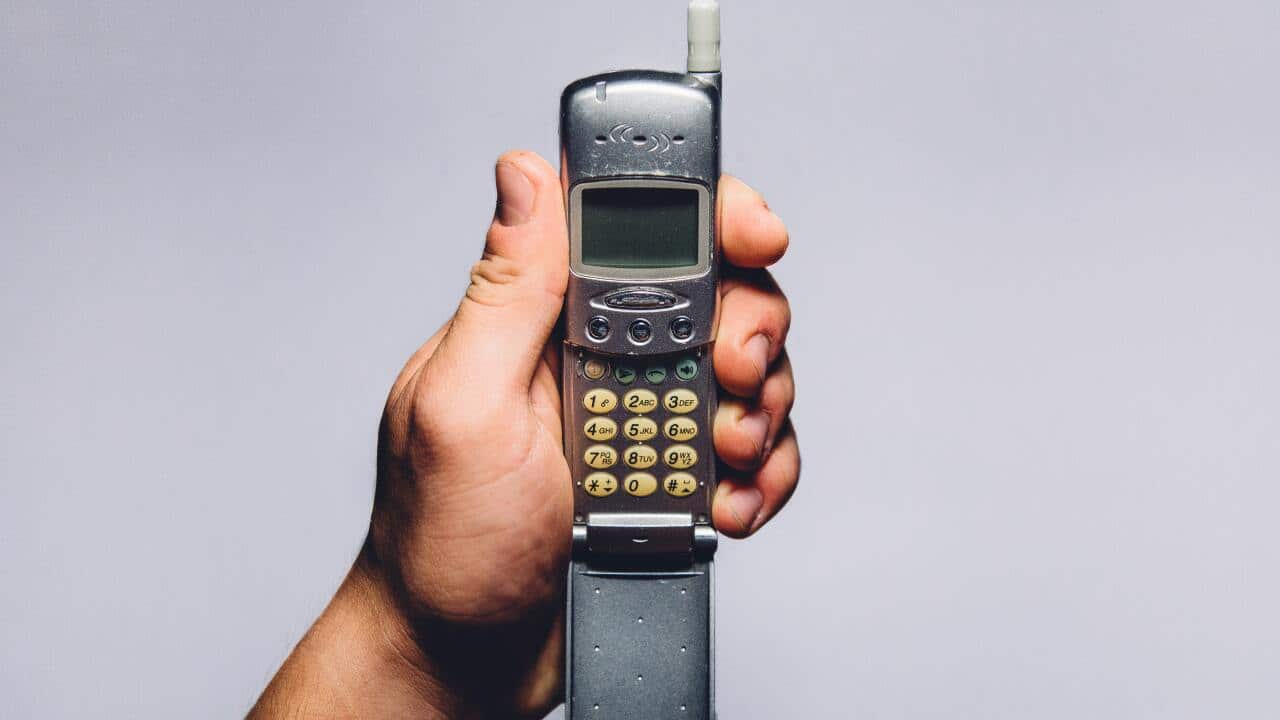Mr Chen, who moved from Taiwan to Australia four years ago, made it a routine to get screened for HIV every three months.
That was how he found out he’d contracted the virus after a casual relationship a year and a half ago.
Like many who are diagnosed HIV positive, the 25-year-old panicked during the initial stages. However, he now feels compelled more than ever to inform others that as an HIV carrier and a member of the health promotion organisation ACON, the virus should not be viewed with fear.
But things weren't always like this.
He recalls that during the early days following his diagnosis, he experienced an upsetting episode following a visit to his partner's sharehouse where he hugged some of the roommates. He discovered later that one of the roommates had cleaned everything that MR Chen had touched after finding out he had HIV.

Mr Chen told SBS Mandarin that he was not surprised by those behaviours. It was not new to him that in the culture he grew up in, HIV and AIDS were things that were viewed with fear and those who contracted the virus were stigmatised.
“Because I’m from Asian background it’s kind of like HIV is like a death sentence – it’s like the most scary thing in my entire life,” he says.
He didn’t know much about it at the time but knew it was a very bad thing to catch it.
It comes following 2018 data which showed a rise of cases of HIV among Asian gay men, which prompted health and support services to call for expanded access to HIV-prevention drugs and more education programs targeting specific ethnicities.
Mr Chen kept his situation a secret to everyone, except for only one close friend. He went to a psychiatrist for biweekly counselling without his own mother knowing.
"I don't have any pressure in regard to sexual orientation, because my mum already knew."
He said that the reason that he hasn't and will probably never tell his mother about the HIV situation was that his parents "always hold a high expectation for him" and he didn't want to let them down.
"If they eventually know it someday in the future, I will explain what HIV actually is, from a scientific perspective," he says.
He is confident that he will be able to deal with the situation.

He believes that the most common misunderstanding is that many people think that HIV and AIDS are the same.
AIDS is a range of conditions that can occur after a person’s immune system becomes damaged by attacks from HIV, which is the name of the virus. According to statistics, very few HIV infections in Australia ultimately progress to AIDS.
After a series of extremely careful body checks, the best medicine for Mr Chen was selected. Soon after, his UAL (Undetectable Viral Load) level came down to the level that was deemed to be non-infectious.
He now lives a normal life, with one pill to take a day, and one UVL check every half year.
Mr Chen is now not only a student but also working with ACON in NSW, dedicating himself to the promotion of disease prevention and the elimination of discrimination and stigmatisation. ACON is an NGO established in 1985 in NSW which is dedicated to counselling for members of the LGBTI community. One of its free services provided to the public is HIV screening.
He says many of those who get infected with HIV are very reluctant to get any medication because of the fear of discrimination. The lack of treatment usually results in the deterioration of their health.
He believes it is now the responsibility of his, and that of his organisation, to eliminate these "prejudices".
"Routine examinations, from every 3 months to 6 months, is very important," he said.
When it comes to the question of the fees and visa status, he says that there are no problems at all, as long as the patients are willing to go through the screening.
WATCH: Insight Season 2019 Episode 7 - HIV Positive
Mr Chen says patients are able to have free routine checks without a Medicare card. They don't need to be too worried about the cost of the medication, because Mr Chen himself got the medicine for free from the pharmaceutical companies upon the referral from his doctor.
Australian residents with Medicare cards can enjoy benefits of up to $40 every transaction, and the anti-HIV medicines like Biktarvy and Juluca are among them thanks to the Pharmaceutical Benefits Scheme. Medicines for PrEP are also included even earlier.
It is estimated that there are about 27,000 people were living with HIV in Australia. There were 963 new cases in 2017, the lowest of the recent seven years. The Australian government has set the goal to completely stop HIV from spreading in Australia.
Mr Chen is now in a new relationship. His partner has no concern at all with his HIV situation when Jimmy disclosed it to him.





